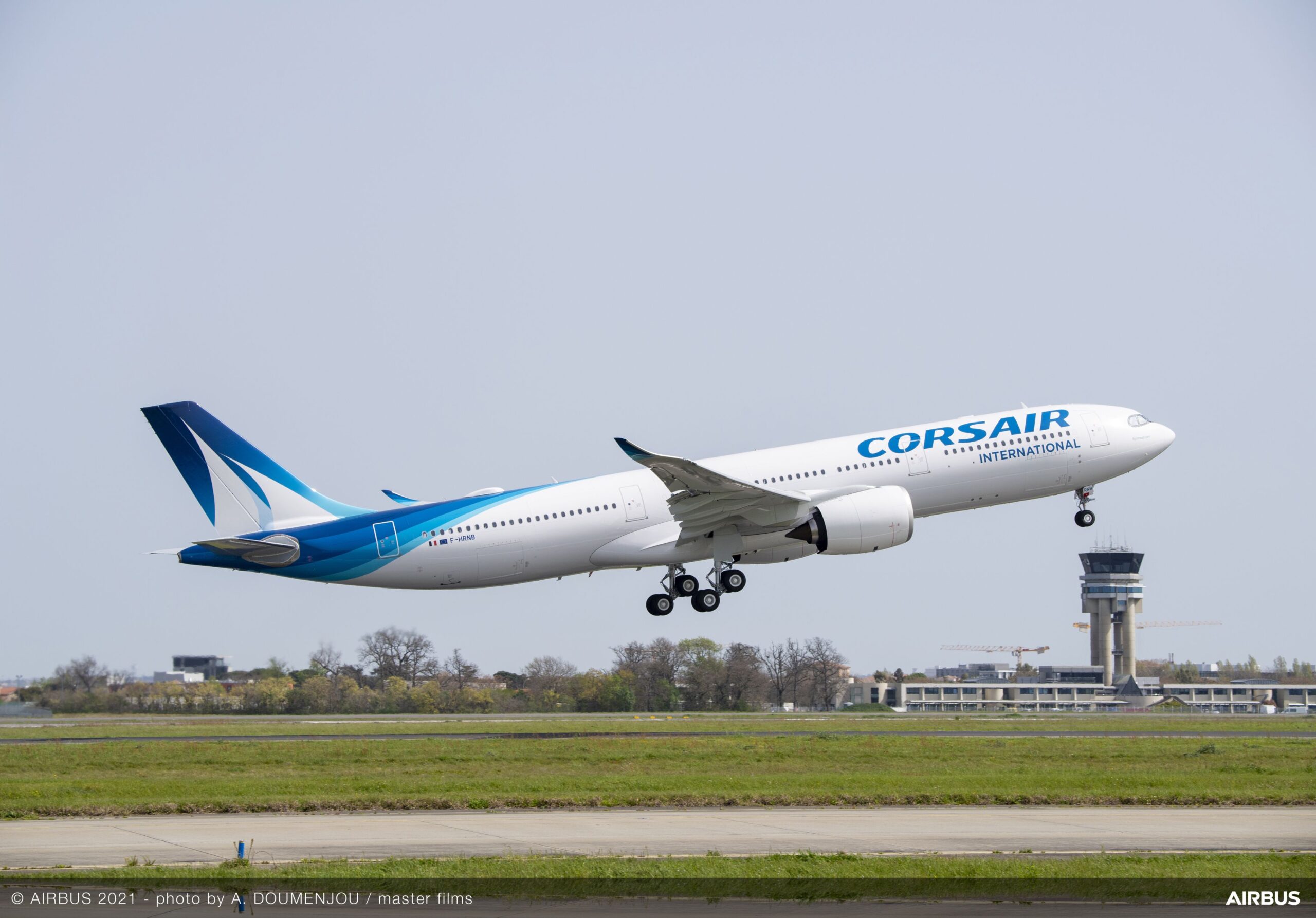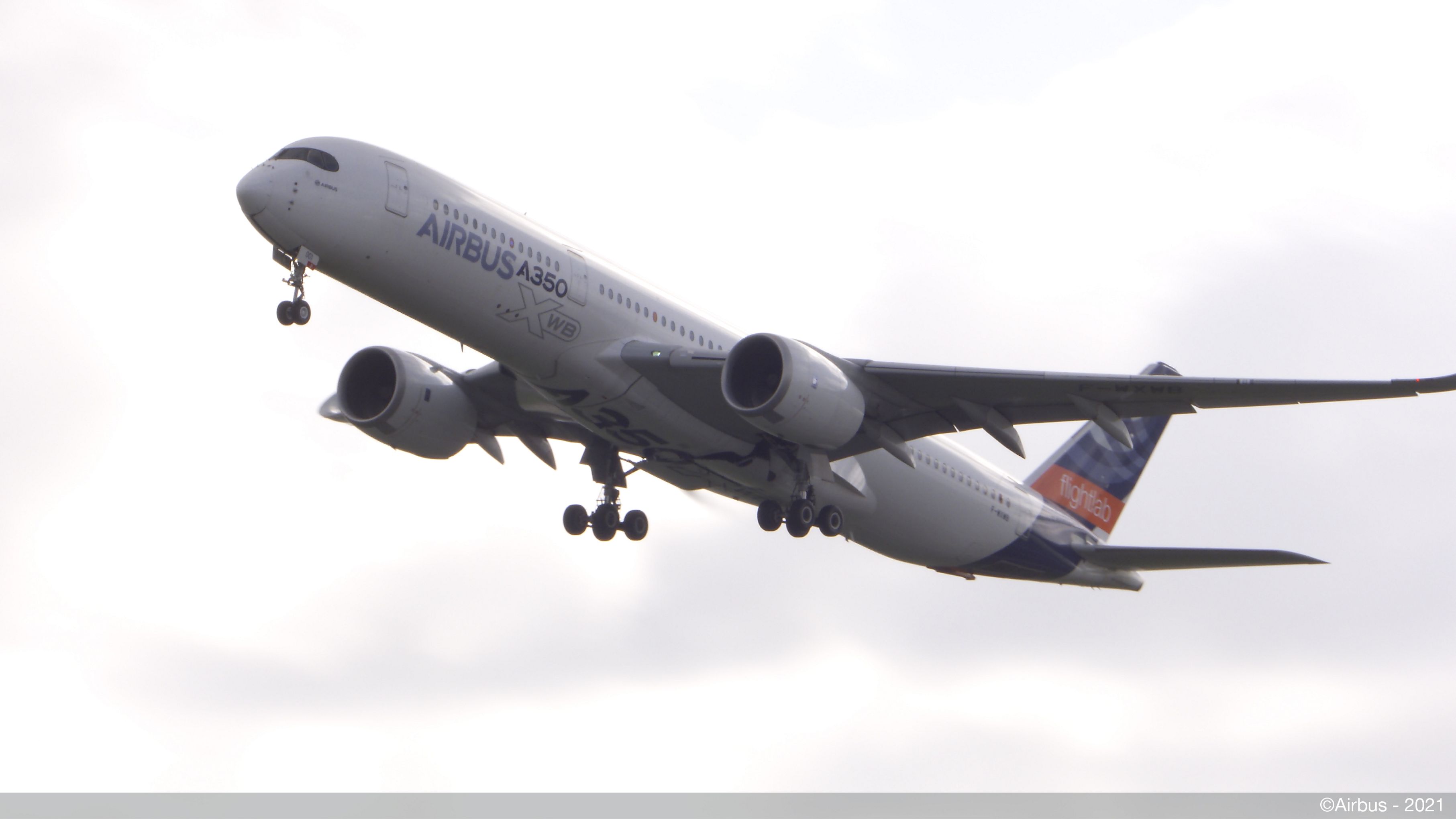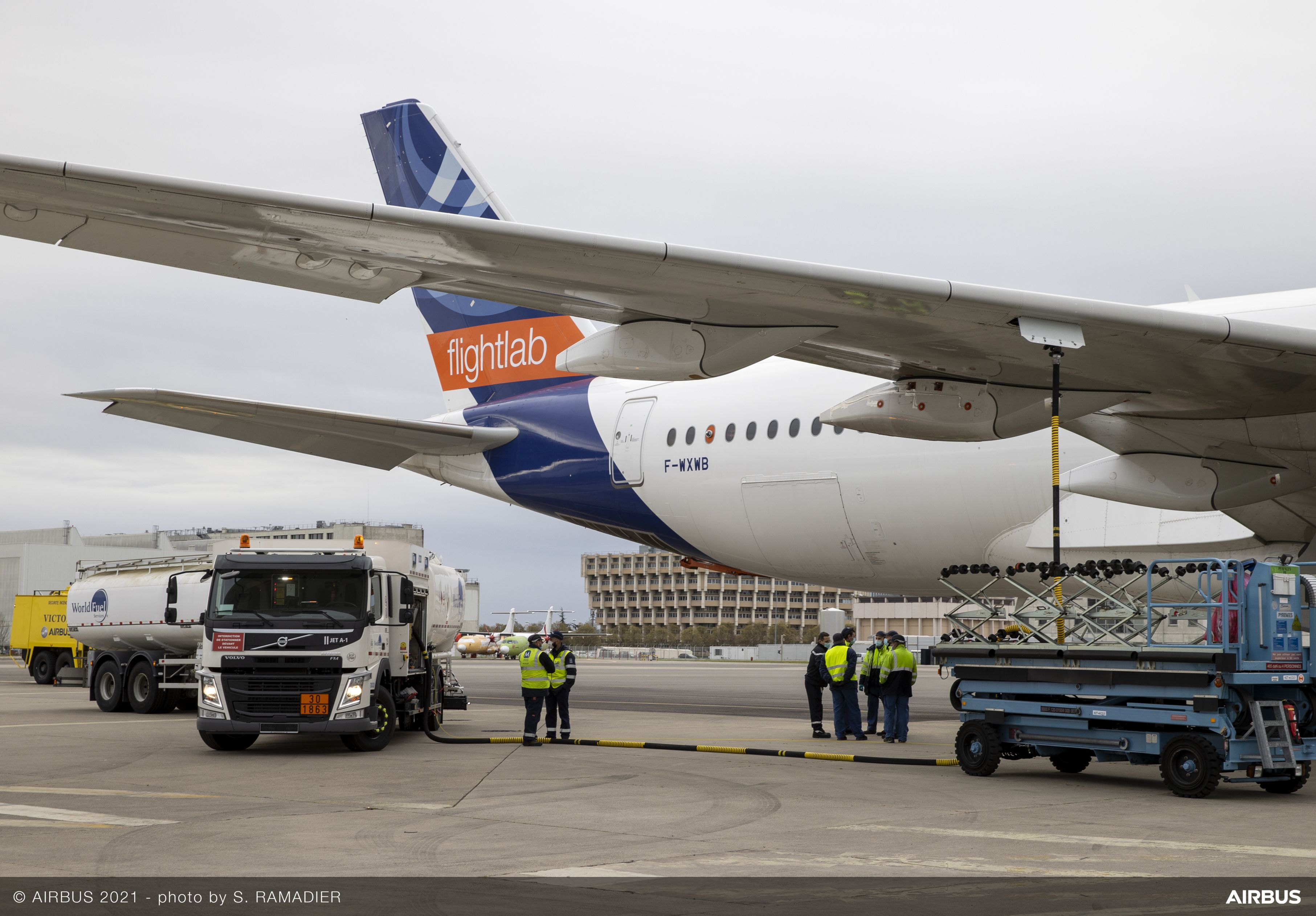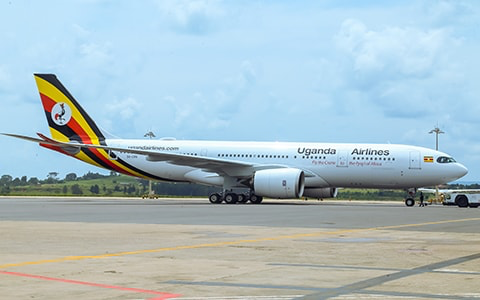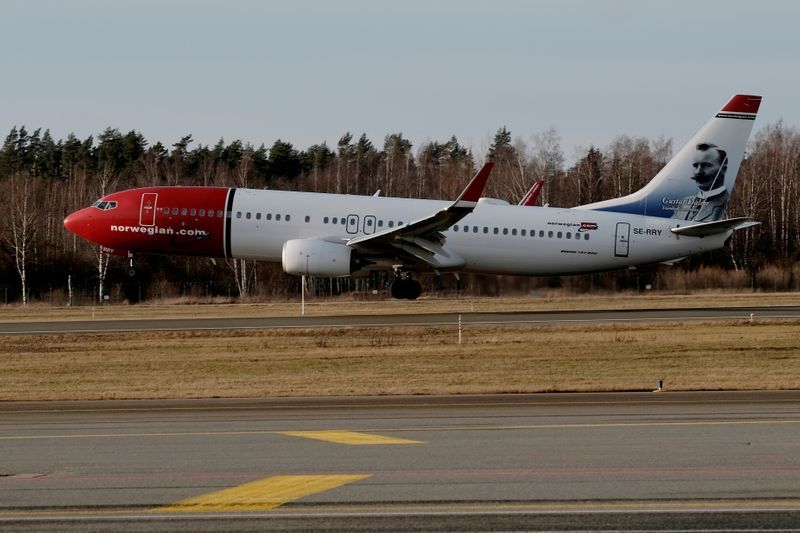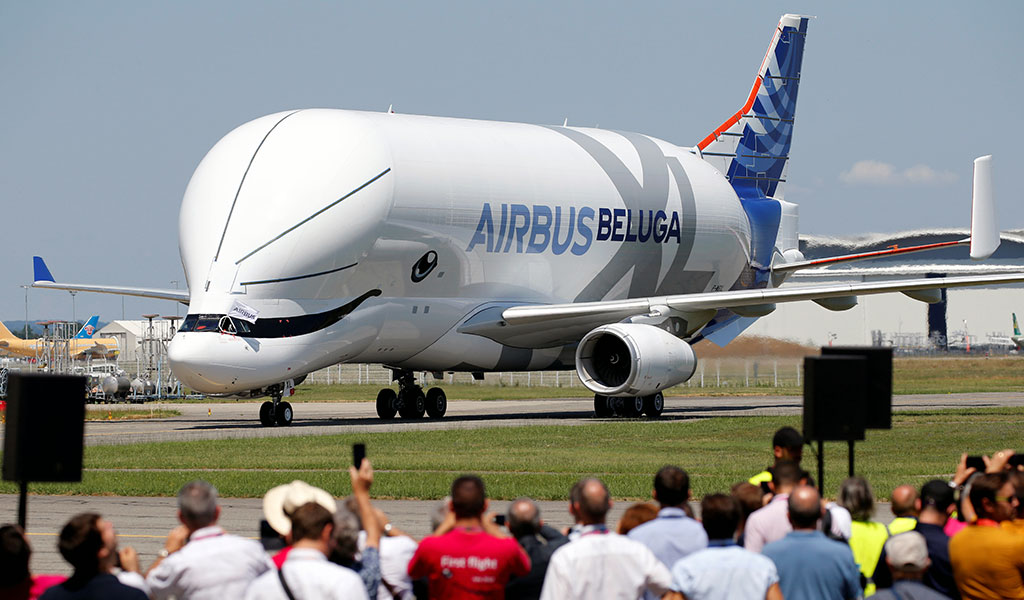Toulouse, 31 March 2021 – Corsair has taken delivery of its first A330-900, on lease from Avolon, to join the French airline’s fleet. By selecting a total of five A330neo’s, Corsair is executing its strategy to become an all-A330 operator. Thanks to the aircraft’s latest technologies, Corsair will benefit from cost-effective and eco-efficient solutions, while providing passengers with the best comfort standards in the quietest cabins in its class.
The aircraft features 352 seats in a three-class layout, providing all the comfort and amenities of Airbus’ leading ‘Airspace’ cabin, including state-of-the-art passenger in-flight entertainment (IFE) and full WiFi connectivity throughout the cabin.
The A330neo is powered by Rolls-Royce’s latest-generation Trent 7000 engines. The Corsair aircraft will also be the first A330neo to feature an increased maximum take-off weight of 251 tonnes. This capability will allow the airline to fly long-haul destinations up to 13,400 km (7,200nm) or benefit from ten tons more payload on board.
The A330neo is a new-generation aircraft and successor to the hugely popular A330ceo widebody family. As well as the new engine option, the aircraft benefits from a host of innovations, including aerodynamic improvements and new wings and winglets that together contribute to 25% fuel-burn and CO2 reductions.
Corsair, which already operates an Airbus fleet of five A330 Family aircraft, became a member of the Airbus Skywise ‘Open Data Platform’ in 2020, thus benefiting from several Skywise-based services, such as a real-time in-service fleet performance analysis capability (aircraft health monitoring), reliability analysis and predictive maintenance.
